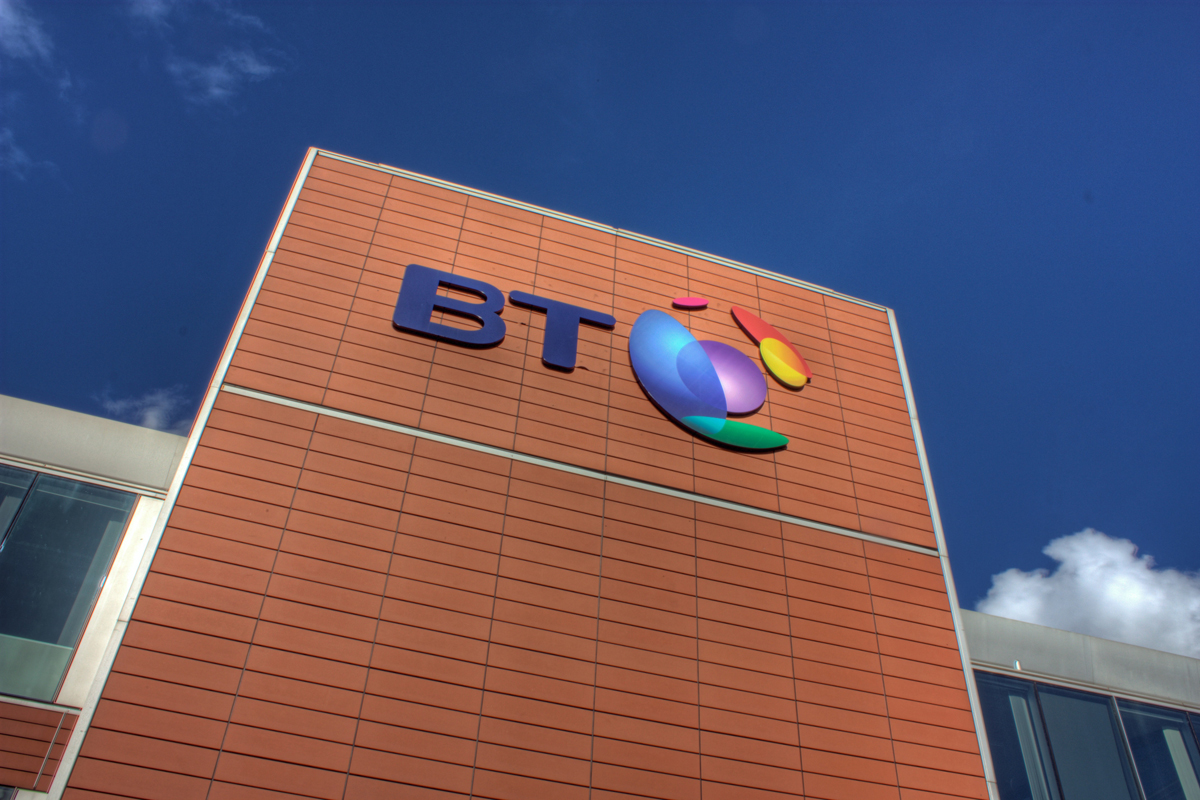BT finally lets go of Openreach
Legal separation of fibre network includes transfer of 32,000 staff

BT will legally separate from its network division Openreach, after agreeing to comply with regulator Ofcom's demand.
Openreach will be run by its own board, though the legally separate company will still reside within BT Group, and 32,000 employees will transfer over to the fibre installation body after union consultations.
BT expects the process of making Openreach more independent to take some months, as these employees' pension arrangements are transferred across.
The agreement means that Ofcom has dropped its threat of an official notification to the European Commission that was intended to force BT to adopt the changes, after it launched its proposals last November.
Ofcom was concerned that BT's control of Openreach, which is responsible for most of the UK's fibre networks, was anti-competitive by giving it the capacity to be biased against its rivals, including Sky, TalkTalk and Vodafone.
Mark Shurmer, MD of regulatory affairs for Openreach, said in a press conference call this morning that reaching this agreement was beneficial for all parties.
"A massive shadow has been removed from our business, our staff, our investors and our customers going forward," he said. "We have avoided long lasting damage to our pensions scheme, which is very important.
Get the ITPro daily newsletter
Sign up today and you will receive a free copy of our Future Focus 2025 report - the leading guidance on AI, cybersecurity and other IT challenges as per 700+ senior executives
"This is a tough but just solution. We have worked hard to arrive at this solution in a way that addresses Ofcom's competition concerns but in a way that doesn't mean huge costs for us."
While BT will retain ownership of Openreach's assets, including its physical access network, an Openreach board formed mostly of independent members will control its operating plans and the future development of its assets and determine what technologies underpin future broadband rollouts.
Openreach is also free to explore investment with BT's rivals, like Sky and TalkTalk, and won't feature BT's branding.
A Sky spokesperson said: "A more independent Openreach is a step towards delivering better service to customers and the investment that the UK needs. It's important that today's agreement is now implemented by BT in good faith and without delay."
TalkTalk CEO Dido Harding added: "We welcome the agreement to create a legally separate Openreach. The new company will be better placed to deliver the improved investment and service that consumers and businesses deserve.
"This deal will require robust Ofcom monitoring and enforcement to ensure it delivers the improvements the regulator expects. We hope this is the start of a new deal for Britain's broadband customers, who will be keen to see a clear timetable from Openreach setting out when their services will improve."
Openreach executives will be accountable to its board rather than to BT, and the body will be obliged to consult with Sky, TalkTalk and Vodafone on any large-scale investments.
This will include a confidential phase during which ideas discussed with rivals cannot be revealed to BT.
In future, there will be a 'confidential' phase during which customers can discuss ideas without this being disclosed to BT Group, as well as further protections for confidential customer information.
Ofcom CEO Sharon White said BT's decision to accept its proposals will mean they can be implemented much more quickly.
She added: "The new Openreach will be built to serve all its customers equally, working truly independently and taking investment decisions on behalf of the whole industry - not just BT.
"We will carefully monitor how the new Openreach performs, while continuing our work to improve the quality of service offered by all telecoms companies."
Saying the decision provides "welcome certainty" after a two-year saga over whether BT can retain control over Openreach or not, research firm CCS Insight added that it demonstrates the regulator's issues with weak competition among UK broadband providers.
Principal analyst for operators, Kester Mann, said: "The agreement reflects Ofcom's determination to improve BT's performance and clear concern that the UK broadband market has not been as competitive or operated as effectively as it would have liked. Its determination in negotiations with BT under the increasingly impressive stewardship of Sharon White should be applauded.
"BT's rivals, notably Sky and TalkTalk, will publically claim that the regulator should have gone further by enforcing a full structural separation. However, this option was always the most radical and controversial the regulator could have taken. In private they should be more than satisfied with the changes Ofcom has pushed through."
-
 Google Cloud is leaning on all its strengths to support enterprise AI
Google Cloud is leaning on all its strengths to support enterprise AIAnalysis Google Cloud made a big statement at its annual conference last week, staking its claim as the go-to provider for enterprise AI adoption.
By Rory Bathgate Published
-
 Bigger salaries, more burnout: Is the CISO role in crisis?
Bigger salaries, more burnout: Is the CISO role in crisis?In-depth CISOs are more stressed than ever before – but why is this and what can be done?
By Kate O'Flaherty Published
-
 Ofcom net neutrality update dismisses calls for big tech contributions
Ofcom net neutrality update dismisses calls for big tech contributionsNews Ofcom’s net neutrality stance has been criticized by some industry stakeholders
By Emma Woollacott Published
-
 UK 5G spectrum auction will finally go ahead this week
UK 5G spectrum auction will finally go ahead this weekNews The much awaited auction will involve companies bidding for frequency in two bands
By Zach Marzouk Published
-
 Almost one million Brits still suffer with appalling broadband speeds, Ofcom report finds
Almost one million Brits still suffer with appalling broadband speeds, Ofcom report findsNews A new Ofcom report reveals a massive 925,000 people are still on downloads speeds of less than 10Mbps
By Alex Lee Published
-
 ISPs now have 30 days to fix net speeds or face null contracts
ISPs now have 30 days to fix net speeds or face null contractsNews Ofcom confirms customers will soon be able to walk away if their service dips
By Dale Walker Published
-
 More than a million UK properties don't have access to 'decent' broadband speeds
More than a million UK properties don't have access to 'decent' broadband speedsNews Ofcom's Connected Nations report finds broadband is still lacking across 4% of the UK
By Roland Moore-Colyer Published
-
 BT offers to invest up to £600m to provide universal high-speed broadband
BT offers to invest up to £600m to provide universal high-speed broadbandNews The company's offer would replace new regulation proposed by the government
By Zach Marzouk Published
-
 Ofcom caps EE and BT's spectrum bidding
Ofcom caps EE and BT's spectrum biddingNews Regulator will limit how much spectrum a single mobile operator can own
By Nicole Kobie Published
-
 Ofcom caps BT's Openreach prices
Ofcom caps BT's Openreach pricesNews Regulator limits the amount that rivals can be charged for leasing the company's superfast broadband
By Adam Shepherd Published